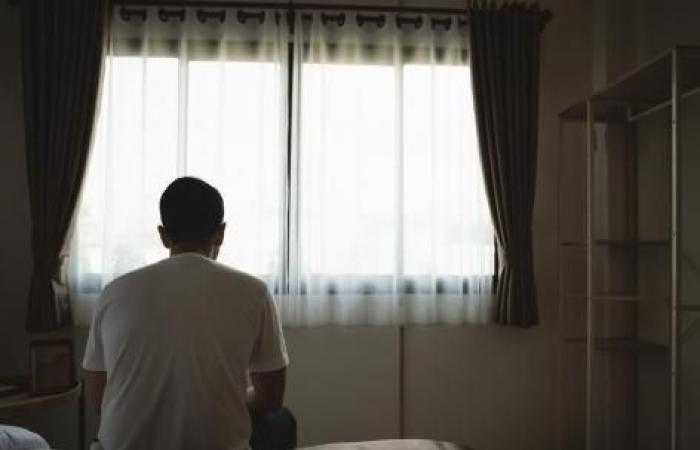THE ESSENTIAL
- Vagus nerve stimulation is a technique already used to treat depression.
- A new study aims to measure its effectiveness to find out if this technique should be covered in the United States by the Centers for Medicare and Medicaid Services (CMS) and private insurance plans.
- The results show a reduction in symptoms and an improvement in quality of life in people with treatment-resistant depression thanks to vagus nerve stimulation.
Treatments to combat depression are effective in 70% of cases, according to the National Institute of Health and Medical Research (Inserm). This means that, for some patients, there is no satisfactory therapeutic response. We then speak of resistant depression when, according to the University of Montpellierthere is a failure to “at least two well-conducted antidepressant treatments”. However, researchers may have just found a solution for these patients: stimulation of the vagus nerve, which connects the gut to the brain. In a new study called RECOVER and published in the journal Brain Stimulationthey indicate having obtained good results on participants with very resistant depression using this technique.
Depression: stimulation of the vagus nerve, a treatment to which access is restricted
This method is used since 2005 in the United States to treat resistant depression but access to the majority is restricted: “Between the cost of the device itself and the surgery to implant it, the therapy may be unaffordable for many patients because the Centers for Medicare and Medicaid Services (CMS) and most insurance plans private companies do not currently cover it”, can we read in this communiqué. THE CMS provides health coverage to more than 100 million people through Medicare, Medicaid, the Children’s Health Insurance Program and the Health Insurance Marketplace.
The goal of this RECOVER study is to collect data on the effectiveness of the therapy, so that CMS – and other private health plans that generally follow CMS advice – can determine whether to cover it. Two trials were conducted: the first for treatment-resistant depression, and the second when it is associated with bipolar disorder.
Fewer depressive symptoms thanks to vagus nerve stimulation
For the moment, only the results of the first test are known. This included 493 participants suffering from very resistant depression which, for three-quarters, prevented them from working. They had tried an average of 13 treatments that didn’t work and were currently taking one, which they also had to follow during the study. All had a device implanted under the skin. But, for only 249, this one was a vagus nerve stimulator.
Results: Participants had fewer symptoms and their quality of life was improved. “What is really important is that patients themselves report an improvement in their quality of life, underlines Charles Conway, main author of the studies. These are patients who have failed a considerable number of treatments, including aggressive approaches such as electroconvulsive therapy. And they don’t just say ‘I’m a little better.’ They report seeing significant improvements in their ability to function and lead their lives.”
Health






